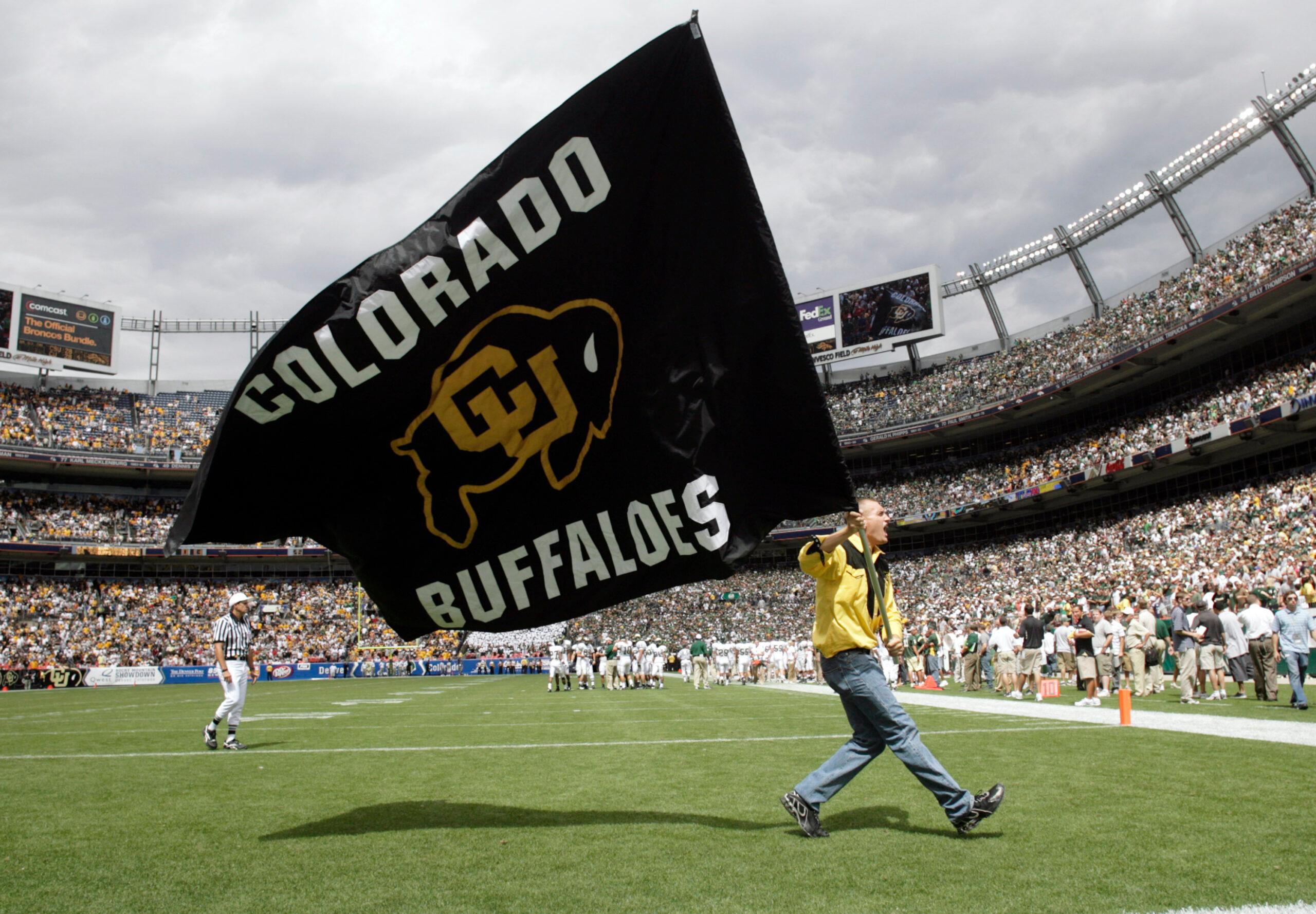
By Ralph D. Russo, AP College Sports Writer
As the NCAA moves toward a $2.8 billion settlement that could resolve three antitrust lawsuits — with the Big Ten the latest conference to give its approval — it is uncertain whether a fourth case will also be part of the agreement.
Attorneys in Fontenot v. the NCAA said Wednesday they would like their case to the stay in federal court in Colorado instead of being moved to California and combined with another antitrust lawsuit involving college sports. They said they won’t know whether their claims would be covered by the settlement until they have all the details of the proposal.
“One way or the other, they have to deal with us or I just don’t see how a settlement ultimately gets done,” said George Zelcs, one of the plaintiffs' attorneys. “They have to either include us or get an order that requires us to be involved in it. All of which we have arguments against as well.”
The NCAA and five major college conferences named in the House v. NCAA lawsuit that is at the center of the settlement talks have asked U.S. District Judge Charlotte Sweeney in Colorado to combine the Fontenot case with Carter v. the NCAA, which is being heard in the Northern District of California.
Attorneys for the plaintiffs in House v. the NCAA have given the defendants a Thursday deadline to agree to a settlement.
The NCAA has already moved through two steps of a three-part approval process, which needs to be completed by its Board of Governors.
The Big 12 and Atlantic Coast Conference presidential boards voted to move forward with the settlement on Tuesday. Big Ten presidents voted to approve the deal Wednesday during spring meetings in Los Angeles, a person with direct knowledge of the decision told The Associated Press on condition of anonymity because the conferences were not making their internal discussions public.
Southeastern Conference and Pac-12 presidents are scheduled to meet Thursday and consider the settlement agreement.
Under terms of the proposed agreement, the NCAA will pay $2.77 billion over 10 years to former and current college athletes who were denied by now-defunct rules the ability to earn money from endorsement and sponsorship deals dating to 2016. The NCAA and conferences also would agree to establish a revenue-sharing system, with schools allowed to spend up about $21 million a year on their athletes.
House and Hubbard v. NCAA have already been combined in the Northern District of California and are being overseen by U.S. Judge Claudia Wilken, who has ruled against the NCAA in several high-profile antitrust cases in recent years.
Carter is being overseen by U.S. Judge Richard Seeborg. Fontenot would be added to Seeborg's cases.
Former Colorado football player Alex Fontenot filed his lawsuit last November, claiming NCAA rules have illegally prevented college athletes from earning their fair share of the millions of dollars in revenue schools bring in. Garrett Broshuis, Zelcs' colleague at the law firm Korein Tillery, said the Fontenot case should not be combined with the other three because they have fundamental differences.
“House was focused on name, image and likeness issues, which is really just a small segment of the overall revenue that the NCAA and the conferences and their members are bringing in,” Broshuis told AP. “Our case is instead focusing on what would be the true free-market value of the services being provided by these athletes.”
Broshuis said the Carter case focuses on just basketball and football players from Power Five conferences — ACC, Big Ten, Big 12, Pac-12 and SEC.
“Whereas the Fontenot proposed class is broader than that. Revenue is revenue no matter what sport,” he said.
The House case is a class-action lawsuit that seeks back pay for college athletes who were denied name, image and likeness compensation dating to 2016. The NCAA lifted its ban on athletes earning NIL money in 2021.
Steve Berman, one of the lead attorneys in House, said in a statement to AP the issues in Fontenot completely overlap with the other cases and the settlement — if approved — “will release all of their claims.”
“And as for their claim they are waiting to see if they want to be part of it, they already laid out objections to the court in Colorado without even seeing the agreement, a completely irresponsible thing to do,” Berman said. “Even more so when they haven’t contributed to the momentum that allowed us to accomplish this as opposed to being Johnny come lately.”








